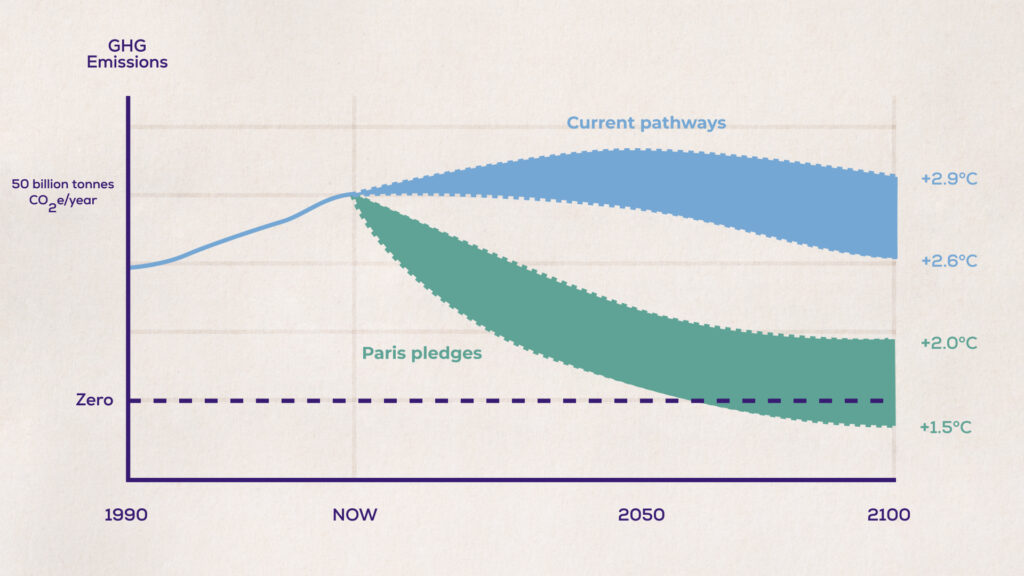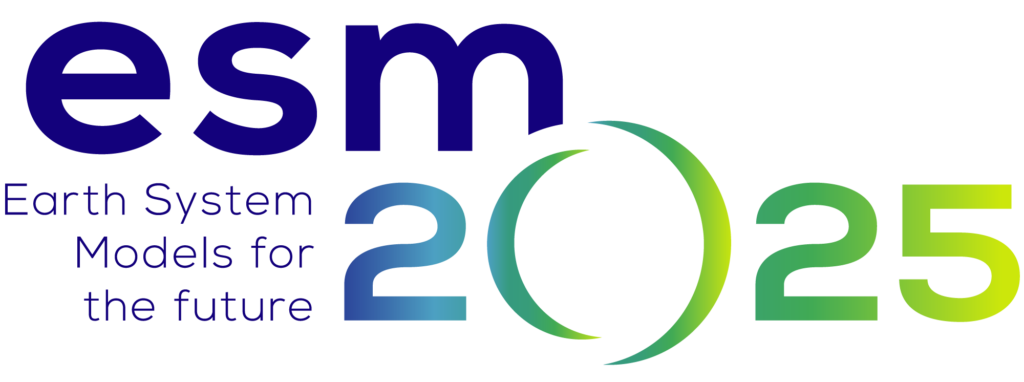About the project
From Vision to Results
2021-2025
What we set out to deliver
The goal of ESM2025 is to advance the understanding of the Earth system and its response to human activities.
The project aims to develop the next generation of European Earth System Models including a more comprehensive representation of the Earth’s response to anthropogenic emissions and human land-use change.
The improved models will help to enhance the consistency of climate and mitigation-relevant processes across Earth System and Integrated Assessment models and provide valuable scientific insights to support successful implementation of the Paris Agreement.
Results from coordinated simulations with the new models will also provide more robust guidance on future global environmental risks, supporting policies targeting adaptation to global change.
The project was coordinated by Météo France-CNRM and ran from 1 June 2021 to November 2025, funded by the EU Horizon 2020 programme.
What we delivered
ESM2025 has built and tested a new generation of European Earth System Models with more complete and realistic representations of key Earth system processes and their response to human-caused emissions and land-use change.
The project’s models can now run emission-driven simulations for both carbon dioxide and methane, include improved treatment of land carbon and nutrients, wildfires, land-to-ocean carbon and nutrient flows, ocean dynamics and biogeochemistry, and enable better coupling to ice sheet models. They also provide a more consistent link between Earth System and Integrated Assessment Models, improving traceability of uncertainties along mitigation pathways.
Using these tools, ESM2025 has helped refine estimates of remaining carbon budgets, assess future risks such as sea-level rise, ecosystem change and wildfire impacts, and gauge the likelihood of crossing critical tipping points. It has clarified which mixes of emissions cuts and carbon removal are more robust across uncertainties, where land-based mitigation carries side effects, and how oceans, land use and methane reductions shape progress towards the goals of the Paris Agreement.

Why improve Earth System Models?
Over the past decades, climate science has demonstrated that human activities are responsible for global warming and a range of associated environmental impacts. The current generation of Earth System Models has been a centrepiece of these achievements, providing an important scientific basis for understanding climate change and informing policy action, both for mitigation and adaptation to global change.
However, ESMs still need further development to reach their full potential in order to thoroughly design and assess the options needed to meet the objectives of the Paris Agreement. Our aim is therefore to develop a next generation of European ‘mitigation-oriented’ ESMs that can meet these objectives.
PROJECT STRUCTURE
The structure of the project has been designed logically, from fundamental research (component development, process parameterisation, couplings) to interactions with the integrated assessment modeling community, and to outreach and knowledge exchange. Project activities are divided into 4 main work areas (Core Themes – CTs) ranging from scientific activities (CT1, CT2, CT3) to knowledge exchange and outreach (CT4).




